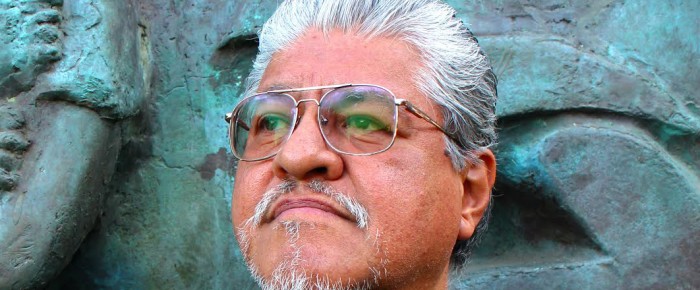Do you remember reading the play, “Zoot Suit” in high school or watching the movie “La Bamba” (1987), based on the life of 1950’s rocker Ritchie Valens, starring Lou Diamond…
Read more“La Bamba,” “Zoot Suit” writer on the importance of building community


